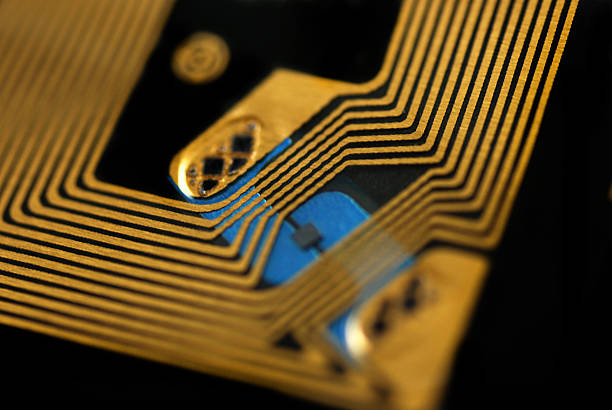Researchers have discovered a significant hardware backdoor in millions of RFID smart cards manufactured by Shanghai Fudan Microelectronics, particularly affecting the FM11RF08S variant. This vulnerability allows attackers to clone cards used for accessing secure areas, such as hotel rooms and office doors, within minutes by exploiting an undocumented authentication command that uses a common secret key. The findings, presented by Quarkslab researcher Philippe Teuwen, reveal that this backdoor not only compromises the security of these cards but also poses a risk of large-scale attacks if exploited during the supply chain process. Although the FM11RF08S was designed with countermeasures against known attacks, this discovery highlights ongoing security concerns with RFID technology and the need for consumers and businesses to assess their vulnerabilities in light of these revelations.
Editor’s Note: As RFID technology becomes increasingly prevalent in the Philippines, particularly in applications like toll collection and access control, it is essential to remain vigilant about the associated security risks. The recent discovery of backdoors in RFID systems highlights vulnerabilities that could be exploited for unauthorized access or cloning, posing significant threats to personal security and privacy.
To mitigate these risks, individuals should consider practical measures such as using RFID-blocking wallets or sleeves to protect their cards from unauthorized scanning, regularly monitoring their accounts for suspicious activity, and advocating for stronger regulatory frameworks that ensure the security of RFID technologies. Furthermore, public awareness campaigns can educate users on the importance of cybersecurity practices, fostering a culture of caution and vigilance in a society increasingly reliant on digital solutions. While RFID offers numerous benefits, a proactive approach to security will be crucial in safeguarding personal information and maintaining trust in this technology.
Read Original Article
Read Online
Click the button below if you wish to read the article on the website where it was originally published.
Read Offline
Click the button below if you wish to read the article offline.
You may also like
-
Artificial Super Intelligence (ASI): Panacea or Disaster? Part 1: Setting the Context
-
Tony Blair Continues Push for Centralization of British Data
-
DARPA is Growing Large Structures in Space: What Could Go Wrong?
-
BBC Finds Chatbots Distort and Mislead About Current Affairs
-
AI Is Incompatible with Sustainability
